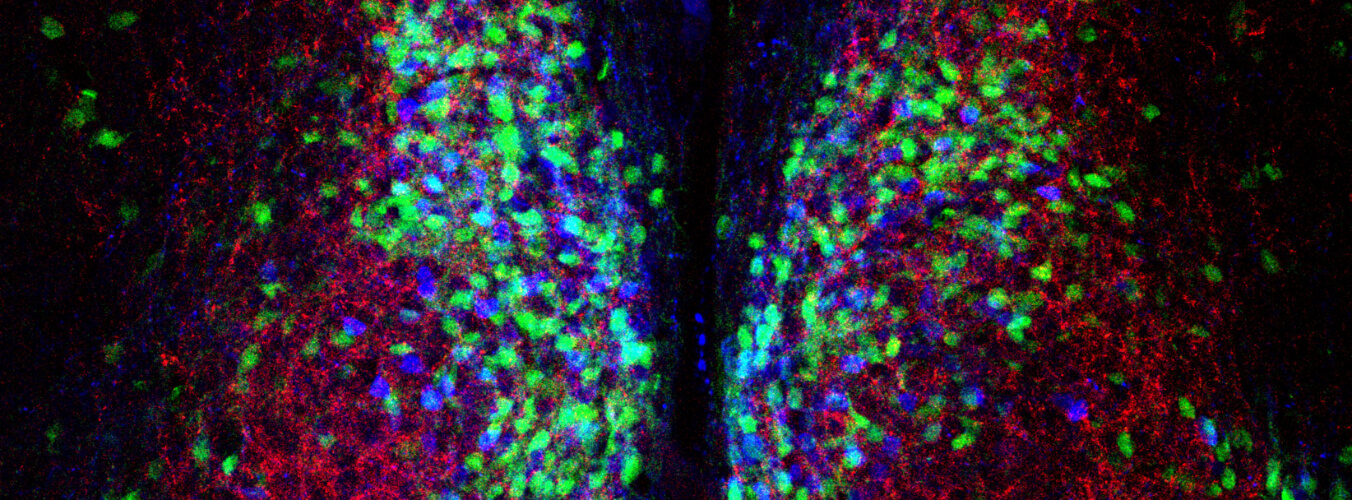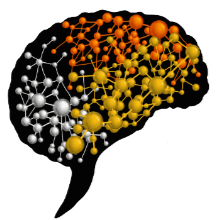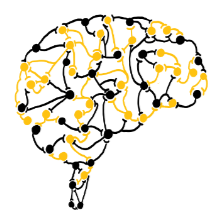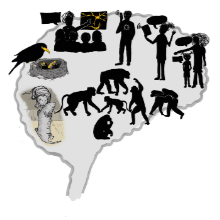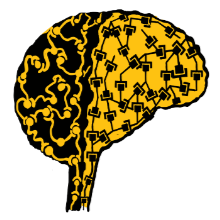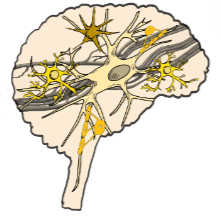Why Cambridge Neuroscience?
The challenge
Our understanding of the nervous system, and of how its function may be impaired or disrupted, is undergoing profound change. Previous perspectives on the brain as a functionally isolated organ comprising distinct sub-systems, each carrying out distinct processes in isolated sub-regions are being replaced by a recognition that we must view its activities in terms of the organism as a whole and of the environment that it inhabits.
Modern neuroscience faces the challenge of understanding the brain as an organ of integration that guides behaviour and interactions in its environments: highly and intricately connected both internally and externally to the dynamic systems of the body and of the world around it. Neuroscience must also meet the challenge of considering disease and impairment in terms of disruptions to this integration, such as that resulting from natural ageing. The complexity of the challenge is further compounded by the dynamic and adaptive nature of brain functions: these interactions and integrations are shifting moment by moment and year by year as we adapt, learn, develop and age.
In short, we can only understand the function and dysfunction of a highly integrated system by adopting a highly integrated approach, embracing the principle that brain and body must be seen as a functional whole and that the brain’s function must be understood in relation to its past and present interactions with the environment.
How we work – interdisciplinary research in action
Neuroscience research is rapidly evolving beyond its traditional boundaries and Cambridge is ideally situated to meet the new challenges that this poses and to exploit the opportunities that it will undoubtedly offer. Neuroscience at Cambridge can be conceptualised in terms of six core themes. These groupings extend beyond the boundaries of traditional Departmental structures and pre-clinical vs. clinical research, providing an important focus for neuroscience research, and enabling the sharing of methodologies, technologies and conceptual issues. The themes support existing collaborations as well as inspiring new ones across the breadth of neuroscience in Cambridge. Check out the individual theme pages for the strengths, opportunities and challenges of each and discover more about the associated groundbreaking research in the featured case studies.
About Cambridge Neuroscience
Cambridge Neuroscience was formed in 2007 and is an Interdisciplinary Research Centre at the University of Cambridge. It is an overarching University initiative concerned with bringing together a critical mass of neuroscience research expertise from across all six Schools. The virtual community includes >850 members, of whom >320 are Principal Investigators working in everything from biomedicine and maths, to psychiatry and philosophy, and education, engineering and economics. Membership spans all six Schools of the University and over 65 Departments and Institutes. Neuroscience at Cambridge is collaborative and dynamic, with members of the community engaged in widespread collaborations across numerous departments and institutes. This multidisciplinary approach employed by Cambridge Neuroscience, is necessary to integrate evidence, research and practice from a range of disciplines and types of study.
Contact the Cambridge Neuroscience Strategic Manager if you would like to discuss further.
Impact of giving to Cambridge Neuroscience
Cambridge Neuroscience with its combination of world class interdisciplinary research and innovative training has had a distinctive impact on our understanding of the brain. You can explore the history of neuroscience and interdisciplinary research at Cambridge, catch up with the latest research on our YouTube channel and in our latest news. Going forward, we can all benefit from our unique integrated approach to neuroscience research from discovery and clinical, behavioural, and computational neuroscience; a growing biomedical campus that is committed to supporting these new, multidisciplinary approaches; ready access to opportunities for collaboration with pharmaceutical and neurotechnology industry partners.
How to give to Cambridge Neuroscience
There are many ways in which you can make a gift to Cambridge Neuroscience. If you would like advice or guidance about a potential donation or to know more about a specific area of research, please contact the Cambridge Neuroscience Strategic Manager in the first instance.


